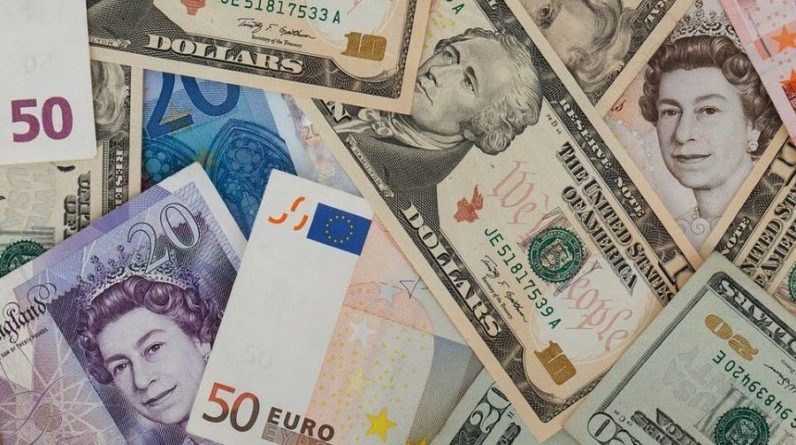
In this article, we will explore what the local currency is and how it plays a significant role in our daily lives. Have you ever wondered why we use specific types of money in different countries or regions? Well, the answer lies in the concept of local currency. By understanding the concept of local currency, you will gain a better insight into the economic landscape of your own community or the places you visit.
If you’re curious to learn more about the importance of local currency, keep reading! We’ll delve into the various functions of local currency, its advantages, and how it can contribute to the growth and development of local businesses. Whether it’s exploring the benefits of supporting local economies or understanding the impact of globalization on local currencies, this article will provide you with a comprehensive understanding of why local currency matters. So, let’s dive in and discover the fascinating world of local currency together!
Baht – The Local Currency Of Thailand
The local currency used in Thailand is the Thai Baht, abbreviated as THB. The baht is further divided into subunits called satang, but these are rarely used in everyday transactions. One baht is equal to 100 satang, but you’ll usually see prices rounded to the nearest baht.
Banknotes are commonly used for higher denominations, and coins are used for smaller amounts. The coins come in denominations of 1, 2, 5, and 10 baht, while the banknotes are available in denominations of 20, 50, 100, 500, and 1,000 baht.
The Thai Baht is widely accepted throughout the country for most transactions, including shopping, dining, and transportation. When traveling in Thailand, it’s a good idea to have some baht with you for convenience, but you can also use ATMs to withdraw cash or use credit/debit cards in many establishments, especially in major tourist areas and cities.
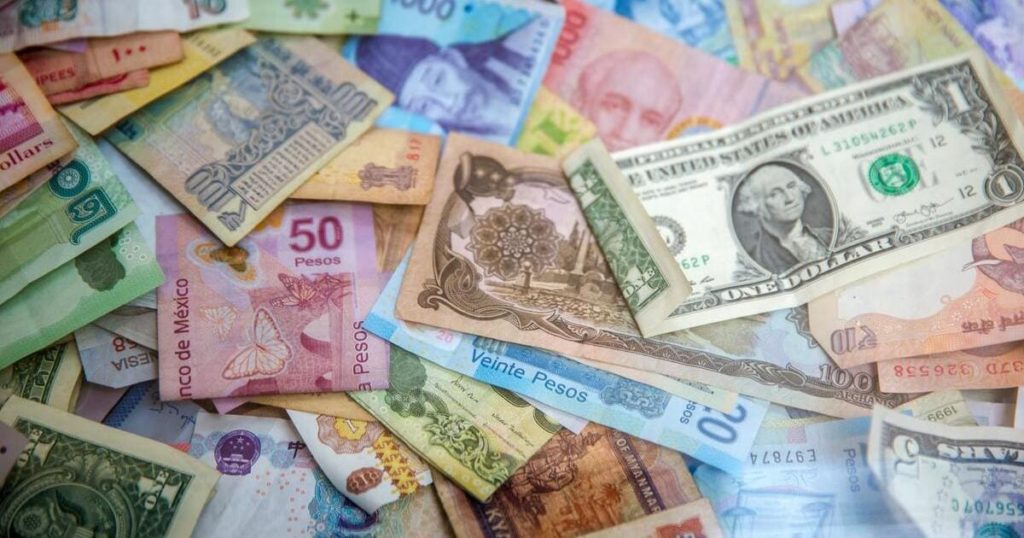
This image is property of youmatter.world.
Introduction
When you travel to a different country, one of the essential things to familiarize yourself with is the local currency. Understanding the local currency is crucial for many reasons, including managing your finances effectively and avoiding unnecessary expenses. In this article, we will explore the definition of local currency, discuss its importance, and delve into various factors affecting it. Additionally, we will examine exchange rates, currency symbols and codes, denominations, and the impact of local currency on travel and trade. We will also touch upon local currency regulations, currency exchange options, and tips for protecting yourself from currency scams.
Definition of Local Currency
Local currency refers to the official monetary system used in a particular country. Each country typically has its own unique currency, represented by its symbol and code, which is recognized and accepted within its borders. The local currency is the primary means of facilitating transactions, whether it be for everyday purchases, investment activities, or conducting business.
Importance of Understanding Local Currency
Understanding the local currency is imperative for several reasons. Firstly, it allows you to accurately budget your expenses during your stay in a foreign country. By knowing the value of the local currency in relation to your own currency, you can make informed decisions about how much money to exchange and how much to spend. This knowledge helps you avoid overspending or running out of funds during your trip.
Secondly, understanding the local currency enables you to make better financial decisions. When you are aware of the current exchange rates and the economic stability of the country you are visiting, you can determine whether it is a favorable time to exchange your money or if it is more advantageous to use alternative payment methods.
Lastly, understanding the local currency facilitates seamless interactions and transactions with locals. When you are familiar with the currency symbols and denominations, you can quickly identify the values of different bills and coins, making it easier to handle money during purchases and negotiations.
Factors Affecting Local Currency
Several factors impact the value and stability of a country’s local currency. Understanding these factors can provide insights into the dynamics of the currency and its potential fluctuations. The significant factors affecting local currency are economic stability, inflation rate, and foreign exchange reserves.
Economic Stability
Economic stability plays a crucial role in determining the value of a local currency. A stable economy, characterized by low inflation, low unemployment rates, and robust economic growth, typically leads to a stronger currency. In contrast, a volatile or struggling economy can result in a weaker currency.
Inflation Rate
The inflation rate is another critical factor affecting the local currency. Inflation refers to the increase in prices of goods and services over time. If a country experiences high inflation, the purchasing power of its currency decreases, leading to a weaker currency value. On the other hand, low inflation can contribute to a stronger currency.
Foreign Exchange Reserves
Foreign exchange reserves refer to a country’s holdings of foreign currencies, such as the US dollar, euro, or Japanese yen. These reserves play a crucial role in maintaining the stability of a country’s local currency. Adequate foreign exchange reserves provide confidence to foreign investors and help mitigate currency fluctuations.
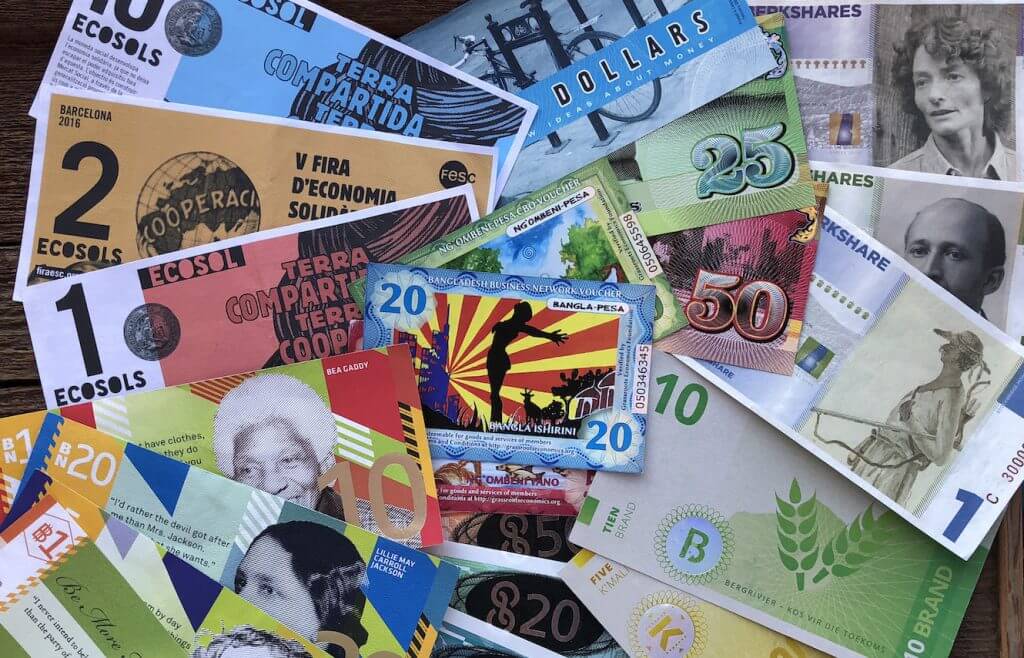
This image is property of centerforneweconomics.org.
Exchange Rates
Exchange rates determine the value of one currency in relation to another currency. Understanding exchange rates is essential when dealing with local currency. There are various types of exchange rates, and their values fluctuate continuously based on market demand and supply.
Definition of Exchange Rate
An exchange rate represents the amount of one currency required to acquire a certain amount of another currency. For example, if the exchange rate between the US dollar (USD) and the Euro (EUR) is 1.18, it means that one US dollar is equivalent to 1.18 Euros.
Determinants of Exchange Rates
Exchange rates are influenced by several factors, including interest rates, inflation rates, market stability, political events, and economic indicators. These determinants can cause exchange rates to fluctuate, impacting the value of the local currency.
Floating vs. Fixed Exchange Rates
Exchange rates can be either floating or fixed. Floating exchange rates, also known as flexible exchange rates, fluctuate based on market forces of supply and demand. On the other hand, fixed exchange rates are determined and maintained by a country’s central bank or government, ensuring the value remains constant.
Currency Symbol and Code
Currency symbols and codes are integral to identifying and differentiating various currencies worldwide. They provide a standardized way of representing currencies, making international transactions more efficient and less prone to confusion.
Importance of Currency Symbols and Codes
Currency symbols and codes help streamline cross-border transactions and promote global financial transparency. When conducting business internationally, knowing the correct currency symbol and code ensures accurate communication and eliminates the risk of misinterpretation. These symbols and codes are also used on currency exchange platforms, making it easier for individuals to identify and select the correct currency.
Commonly Used Currency Symbols
Some commonly recognized currency symbols include the dollar sign ($), euro sign (€), pound sign (£), yen symbol (¥), and the Indian rupee symbol (₹). These symbols represent the respective currencies of the United States, European Union, United Kingdom, Japan, and India.
Examples of Currency Codes
Currency codes are three-letter abbreviations used to identify specific currencies. For instance, the US dollar is represented by USD, the euro by EUR, the British pound by GBP, the Swiss franc by CHF, and the Japanese yen by JPY.
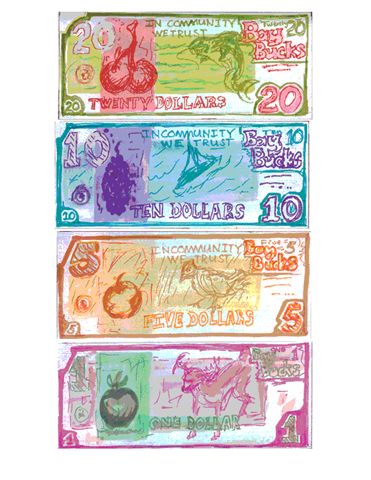
This image is property of www.michigancoinclub.org.
Currency Denominations
Currency denominations refer to the different values of banknotes and coins within a currency system. Each country has its own set of denominations, and understanding these values is crucial for everyday transactions and financial planning.
Explanation of Currency Denominations
Currency denominations are typically categorized into two types: banknotes and coins. Banknotes, also known as paper money, represent higher values and are used for more significant transactions. Coins, on the other hand, are made from metal and represent smaller values, commonly used for everyday purchases.
Commonly Used Denominations
The specific denominations of banknotes and coins vary from country to country. For example, in the United States, the most commonly used banknote denominations are $1, $5, $10, $20, $50, and $100. In terms of coins, common denominations include pennies, nickels, dimes, and quarters.
Significance of Denominations
Understanding currency denominations is essential for managing your finances effectively. It helps you determine the value of the money you possess and allows you to provide the correct amount when making purchases or receiving change.
Impact of Local Currency on Travel and Trade
The local currency’s impact on travel and trade extends beyond merely exchanging money. It can impact the overall cost of your trip, influence exchange rate fluctuations, and play a significant role in international business transactions.
Currency Conversion
When traveling abroad, converting your currency to the local currency is often necessary. Understanding the exchange rates and any associated fees ensures you do not encounter any surprises while converting your money. Additionally, some countries may only accept local currency for purchases, making it crucial to be prepared and have the correct currency on hand.
Exchange Rate Fluctuations
Exchange rates can fluctuate significantly over time. These fluctuations can impact the value of your money when exchanging currencies, potentially leading to losses or gains. Staying informed about exchange rate trends allows you to make strategic decisions on when to exchange your funds to maximize their value.
Importance for International Business
For businesses engaged in international trade, understanding and adapting to local currencies is crucial. It enables accurate pricing, effective cost management, and reduces the risk associated with exchange rate fluctuations. Additionally, it fosters better relationships with international partners by demonstrating cultural sensitivity and awareness.

This image is property of erepublic.brightspotcdn.com.
Local Currency Regulations
Each country has its own regulations and policies regarding local currency. Governments often implement measures to maintain stability, prevent fraud, and control the flow of money within their borders.
Government Policies on Local Currency
Governments implement various policies to regulate local currencies, such as setting interest rates, managing inflation, and implementing monetary policies to ensure economic stability. These policies can influence the value and availability of the local currency.
Currency Control Measures
Some countries impose currency control measures to regulate the flow of money into and out of their economy. These measures can include restrictions on foreign currency exchange, limits on cash withdrawals or transfers, and requirements for reporting large transactions.
Cross-Border Transactions
When conducting cross-border transactions, it is important to be aware of any local currency regulations. Some countries may have restrictions on the amount of local currency that can be taken in or out of the country or may require specific documentation for transactions exceeding certain thresholds.
Currency Exchange Options
When converting your currency to the local currency, you have several options available, each with its own advantages and considerations.
Banks and Financial Institutions
Banks and financial institutions provide currency exchange services, allowing you to convert your money securely. These establishments often offer competitive exchange rates and may have a wider range of currencies available.
Currency Exchange Services
Currency exchange services specialize in converting different currencies. Many exchange offices can be found in popular tourist destinations or near international airports, offering convenient services for travelers.
ATMs and Credit Cards
ATMs and credit cards are a convenient way to access local currency while traveling. However, it is essential to be aware of any fees or charges associated with foreign transactions and to inform your bank or credit card provider of your travel plans to prevent any issues with card usage.
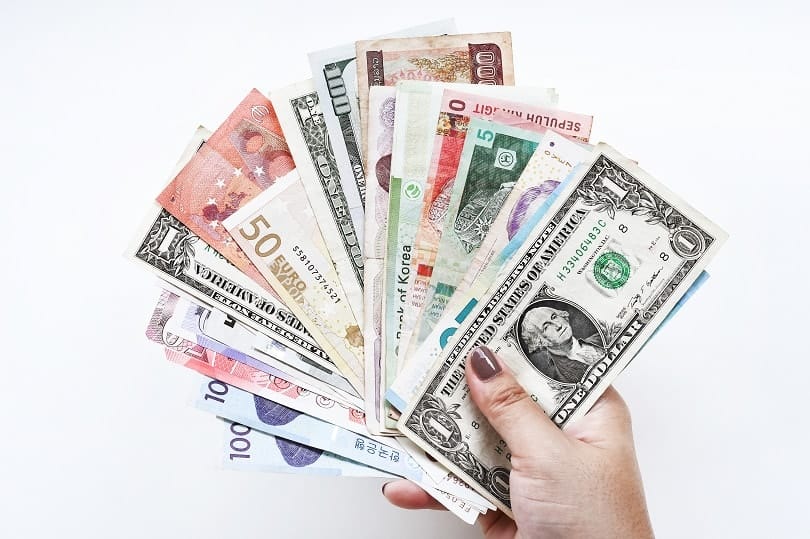
This image is property of satchel.eu.
Protecting Yourself from Currency Scams
Unfortunately, currency scams exist in various forms, and it is crucial to protect yourself from falling victim to fraudulent activities.
Common Currency Scams
Currency scams can range from counterfeit bills to deceptive exchange rates or hidden fees. Some common scams include offering overly favorable exchange rates, mislabeling currency, or shortchanging during transactions.
Tips for Avoiding Scams
To protect yourself from currency scams, it is important to research reputable exchange services, compare exchange rates, and be cautious of individuals offering deals that seem too good to be true. Counting your money carefully and double-checking both the amount and authenticity of the currency you receive is also essential.
Reporting Fraudulent Activities
If you encounter any fraudulent activities related to currency exchange, it is crucial to report them to the appropriate authorities. This helps protect others from falling victim to the same scams and contributes to the overall prevention and reduction of such activities.
Conclusion
Understanding the local currency plays a vital role in managing your finances, making informed decisions, and navigating transactions while traveling abroad. From exchange rates and currency symbols to denominations and regulations, being familiar with the local currency helps ensure an enjoyable and hassle-free experience. By following the tips provided in this article, you can protect yourself from scams, make the most of your money, and adapt seamlessly to different local currencies. So, the next time you travel to a new destination, embrace the local currency and embark on a journey of cultural and financial exploration.






